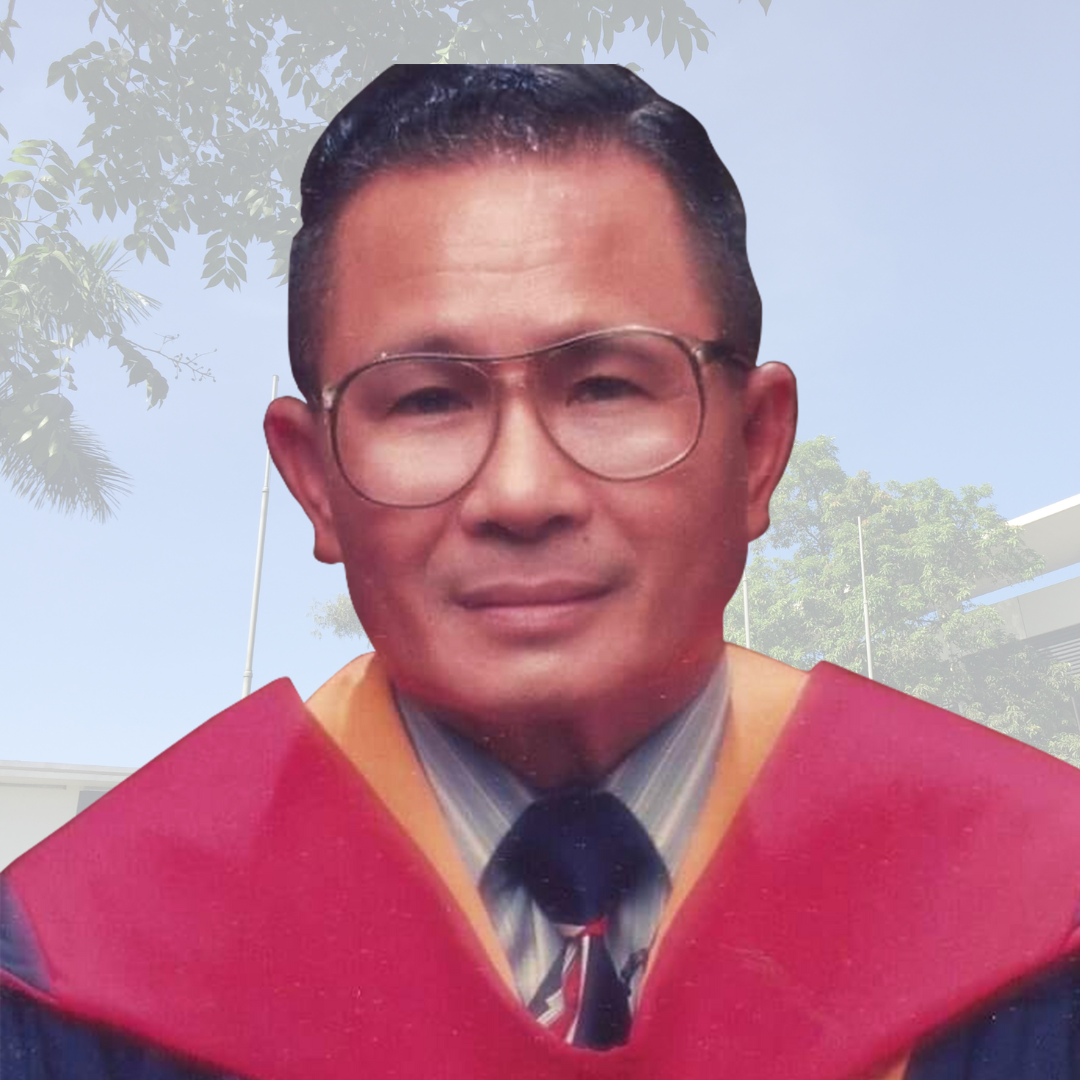
Just like tales he spent many years studying, Felipe Landa Jocano is a legend (Santamaria 2017) for many scholars in Philippine studies and anthropology. Hailing from “a family of farmers” (Gowey n.d., 1), Dr. Jocano was born on 5 February 1930 in Cabatuan, Iloilo province, Philippines. He pursued his secondary education in Arellano High School in Manila while working “low-income” jobs to support his studies (Gowey n.d., 2). In 1954, he returned to Iloilo and earned a Bachelor of Arts degree at the Central Philippine University in 1967. It was during this period that he started his pioneering research on the Central Panay epic, “Hinilawod,” (Manipon 2014) for which Jocano became recognized as a folklorist (Gowey n.d., 1).
In Manila, Jocano worked at the National Museum under renowned anthropologist, Robert Fox. He later received a study grant and obtained from the University of Chicago his Masters in Anthropology in 1962 and his Doctorate in Social Anthropology in 1963. Upon returning to the country, he taught at the Department of Anthropology at the University of the Philippines in 1967.
At the Philippine Center for Advanced Studies (PCAS), which was established in 1973, Dr. Jocano served as the Director of the Institute of Philippine Studies; he was one of the four deans serving under Chancellor Ruben Santos Cuyugan (Santamaria 2017). He “played a key role in developing the content of the graduate studies program in Philippine Studies” (Manipon 2014) and producing pioneering research on Philippine society.
His early career reflected a broader shift within anthropology, whose focus shifted from indigenous ethnic groups to lowland areas in urban and rural communities (Davis and Hollnsteiner 1969, 64). A “pioneer in the use of participant observation,”1 Dr. Jocano immersed himself in the communities he wrote about, such as the slums of Manila and the rural villages in Laguna and Ilocos, among others.
In 1998, he launched the Anthropology of the Filipino People book series, which captured Jocano’s framework for looking at Filipino society and culture—its precolonial roots, indigenous communities, values, social organization, and weltanschauung. As National Artist F. Sionil Jose (2012) put it, Dr. Jocano “made baseline studies on Philippine ethnicity that lucidly explains to us our character as a people.”
Among the awards that he received were the Ten Outstanding Young Men Award in 1961, the 1971 Cultural Heritage Award and the National Science Special Award of Merit in 1974. He was posthumously given the Dangal ng Haraya Award by the National Commission for Culture and the Arts in 2014.2 Dr. Jocano passed away in October 2013.
NOTES
1 Information culled from Manipon
2 The quote is from the citation of Jocano’s Dangal ng Haraya Award.
REFERENCES
-
Davis, William and Mary R. Hollnsteiner. 1969. “Some Recent Trends in Philippine Social Anthropology.” Anthropologica 11(1): 59–84.
-
Gowey, David. “F. Landa Jocano, A Career in Restrospect.” Unpublished paper.
-
-
Santamaria, Matthew. 2017. “Pioneers and Legends: The Rise and Transformation of Asian Studies at the University of the Philippines Asian Center.” Asian Studies 53 (1): 128–35.
-


